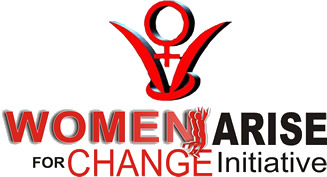Stricter Measures Enforced as Confirmed cases of Covid-19 in Nigeria Hits 111 as at, 29th March 2020
In an attempt to curtail the further spread of the Covid-19 epidemic in Nigeria, the federal government has rolled out stricter measures, with numbers of infected persons constantly on the rise.
The sad reality today is that COVID-19 has no known cure yet. Scientists around the world are working very hard to develop a vaccine.
That’s why it’s strongly advised to follow strictly
the best and most efficient way to avoid getting infected which is through regular hygienic and sanitary practices as well as social distancing.
These measures, remain the greatest weapon to fight this pandemic. By washing our hands regularly with clean water and soap, disinfecting frequently used surfaces and areas, coughing into a tissue or elbow and strictly adhering to infection prevention control measures in health facilities, we can contain this virus.
To this end, the federal government has now directed the cessation of all movements in Lagos and the FCT for an initial period of 14 days with effect from 11pm on Monday, 30th March 2020.
This restriction will also apply to Ogun State due to its close proximity to Lagos and the high traffic between the two States.
All citizens in these areas are to stay in their homes. Travel to or from other states should be postponed. All businesses and offices within these locations should be fully closed during this period.
This containment period is necessitated in order to identify, trace and isolate all individuals that have come into contact with confirmed cases.
However, the containment order does not apply to hospitals and all related medical establishments as well as organizations in health care related manufacturing and distribution.
Furthermore, commercial establishments such as;
a. food processing, distribution and retail companies;
b. petroleum distribution and retail entities,
c. power generation, transmission and distribution companies; and
d. private security companies are also exempted.
Although these establishments are exempted, access will be restricted and monitored.
Workers in telecommunication companies, broadcasters, print and electronic media staff who can prove they are unable to work from home are also exempted.
While it is true that economic implication of this measures are huge on the citizens but the fact remains that this is a matter of life and death, if we look at the dreadful daily toll of deaths in Italy, France and Spain.


